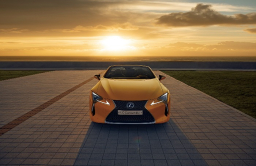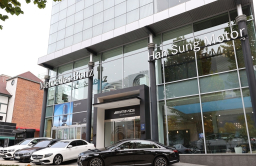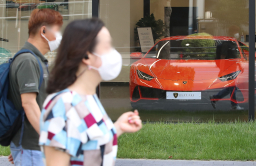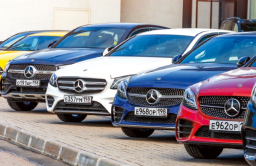-
KOSPI 2577.27 -2.21 -0.09%
-
KOSDAQ 722.52 -7.07 -0.97%
-
KOSPI200 341.49 +0.02 +0.01%
-
USD/KRW 1396 -2.00 0.14%
No end in sight to Audi’s downfall in South Korea
Automobiles
No end in sight to Audi’s downfall in South Korea
The German auto brand sold fewer than 200 units in the country in January versus nearly 2,500 units a year ago
By
Mar 04, 2024 (Gmt+09:00)
2
Min read
News+
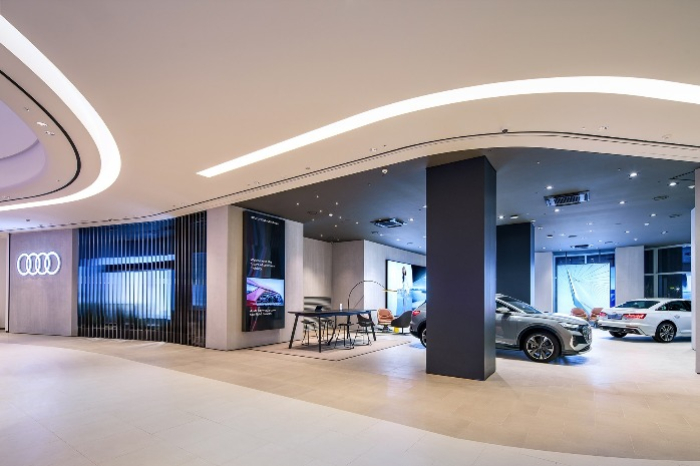
Audi AG, once considered one of the top three German premium auto brands in South Korea, seems to have lost its charm among Korean consumers. Its share of the country’s import car market in January fell to one-thirteenth that of a year ago.
The German carmaker sold 179 units in Korea in January 2024, down 93% from the same month in 2023, according to data from the Korea Automobile Importers & Distributors Association (KAIDA) on Sunday.
Its market share shrank from 15.4% to 1.4% over the same period, trailing Land Rover with 2.6%, Lincoln at 2.2%, Ford at 1.8% and Jeep at 1.6%.
BMW and Mercedes-Benz, which made up Korea’s three best-selling German auto brands alongside Audi until last year, cemented their top positions after selling 4,330 and 2,931 units, respectively.
Their respective market shares hit 33.1% and 22.4%, respectively.
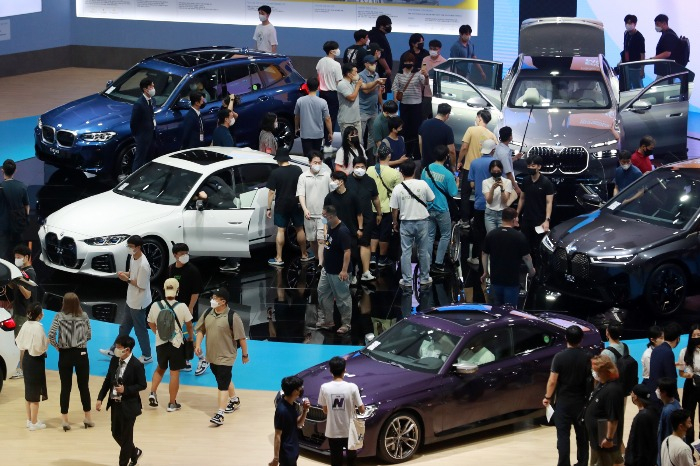
Auto industry experts blamed Audi’s slump in the Korean import car market on the lack of new models and absence of marketing campaigns.
Its share has been also eaten up by Koreans' new obsession with Tesla and Volvo cars, they said.
MUTED PROMOTION AND SALES
Its German peers BMW and Mercedes-Benz have never run aggressive marketing campaigns to appeal to Korean consumers despite Koreans’ already robust appetite for their cars.
Ola Källenius, chairman of the board of management of Mercedes-Benz Group AG and Mercedes-Benz AG, has visited Korea several times to support promotions.
In November last year, BMW chose Korea as the first market to debut its new 5 Series, the most popular BMW model among Koreans.
This year, the two carmakers have leaped to roll out new models in the country.
But Audi halted its double-digit discount promotion in the second half of last year.
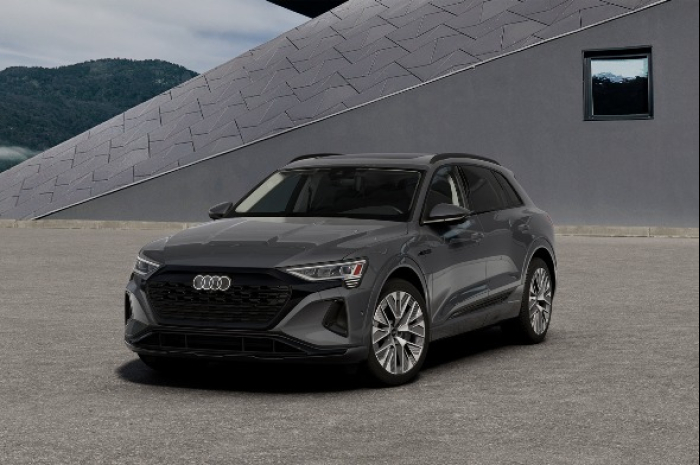
What's worse, it has no plan to release any new models in the first half of this year.
Its new model Q8 e-tron, a premium electric sport utility vehicle, is due to hit the Korean market in the latter half of this year. But its price is set at over 100 million won ($75,200), which exceeds the price range eligible for the Korean government’s EV subsidies.
Under this year’s subsidy plan, any electric car with a price tag of 85 million won or more will be excluded from subsidies.
Without any drastic changes to its marketing and model launch plans, Audi is unlikely to be able to restore its old fame in Korea, import car market observers said.
In 2023, 271,034 imported cars were sold, according to KAIDA.
Audi delivered 17,868 units last year, down from 21,402 in 2022 and 25,615 in 2021.
BMW and Mercedes-Benz sold 77,395 and 76,697 units, respectively, last year.
Write to Jae-Fu Kim at hu@hankyung.com
Sookyung Seo edited this article.
More To Read
-
Feb 04, 2024 (Gmt+09:00)
-
Nov 08, 2023 (Gmt+09:00)
-
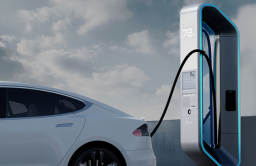 Business & PoliticsKorea’s new EV subsidy plan favors Hyundai over Tesla, other imports
Business & PoliticsKorea’s new EV subsidy plan favors Hyundai over Tesla, other importsFeb 03, 2023 (Gmt+09:00)
-
Aug 17, 2021 (Gmt+09:00)
-
Dec 03, 2020 (Gmt+09:00)


